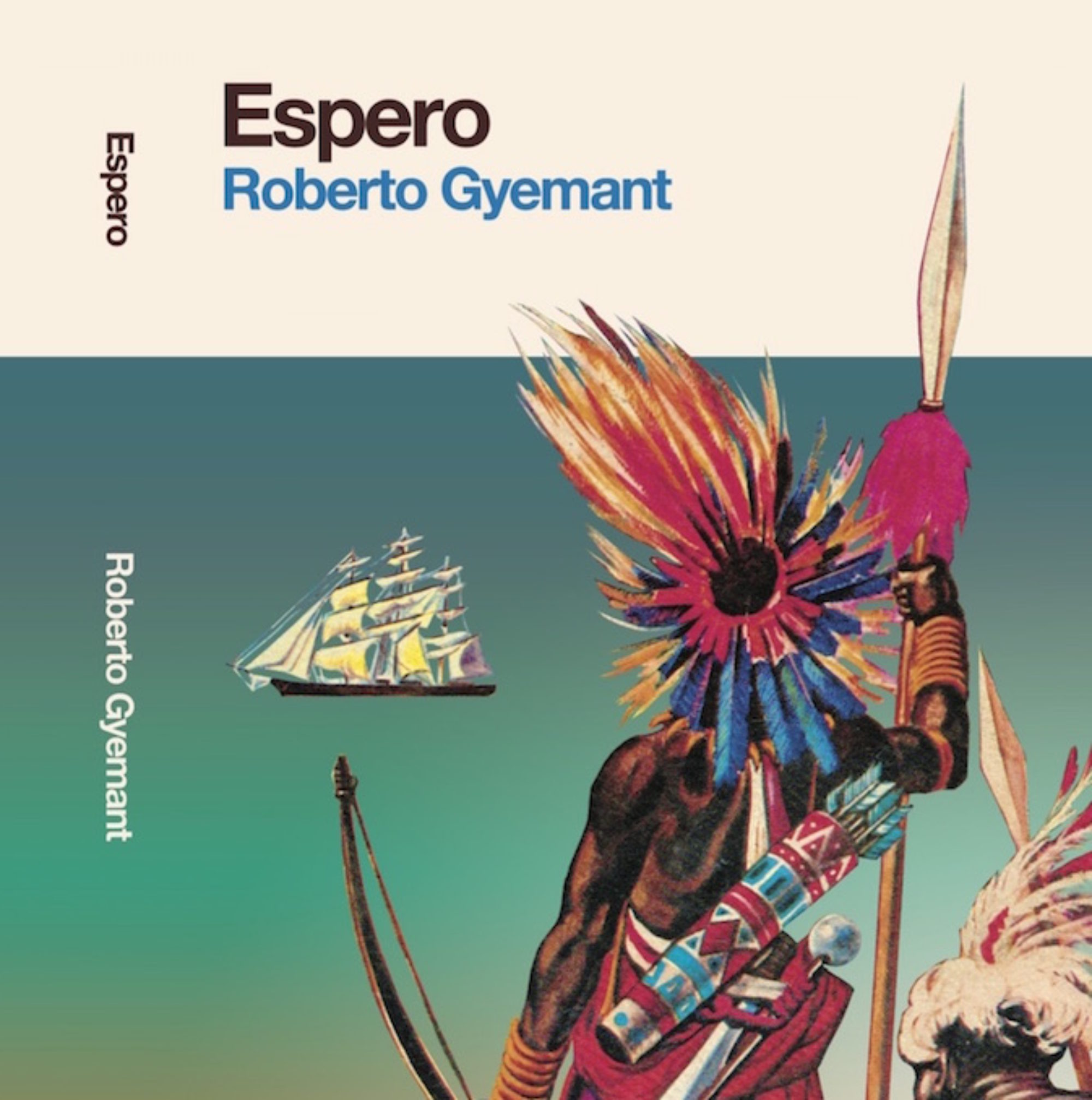Here is an image of a radio station 45 I found in Panama of Miguelito Cuní Y Su Conjunto “Todos Bailan Con Las Guajiras” on Gema. It’s not unusual to for DJs or programming staff to have written directions or reviews on sides, I’m used to seeing exclamation marks, stars, “este” or “OJO” or “Plomo!” to signify a hot side. Sometimes (sadly) someone will have scratched one side grievously in a pattern to make sure the DJ knew to play the other side.
It’s hard to find a clean radio station version of Los Morenos Alegres “Mia/Wash” on Sally Ruth (Panama, late ’60s) for that reason – because although “Mia” was a big hit, a lovely Combos Nacionales Latin Soul tune sung by Marcos Lavayen, “Wash” is a bawdy Calypso with especially transparent double entendre lyrics, and I’ve found more than one copy with the Wash side totally obliterated.

Here someone is telling a DJ (in Panama) not to play this side, as it is “Red”, “Fidelista” and “Propaganda of the INRA” , which was the Cuban Instituto Nacional de Reforma Agraria. This is certainly because of the content of this lovely, leisurely Son Montuno, which discussed the Agrarian Reform initiative and how happy the Guajiros (farmers/campesinos) will be when it becomes law. A time magazine article from 1960 notes that one could find the INRA’s glossy magazine in the Cuban embassy in Panama City.
It’s a great song, with Cuní – a personal favorite – in top form fronting a band led by Cuban arranger/tresero/musical giant Niño Rivera. The same band plays on the majestic Cuní LP Sones de Ayer, with unsung genius Oscar “Florecita” Velasco on trumpet.
Another interesting forbidden song appeared on Chappottín’s fantastic 1957-58 LP Ritmo en Sepia on Duarte (later re-pressed on Kubaney, and in Venezuela on Regis). “Un Pobre Guajiro” is a smoking hot montuno that talks explicitly of the poverty of the Guajiros and favorably of Agrarian Reform:

The song was pulled from the LP early on and “Nicolas Corrio” was swapped in, but “Un Pobre Guajiro” but still appears on later pressings of the LP cover:

In fact, if you go on Youtube today and type in “Un Pobre Guajiro Chappottin” it will play “Nicolas Corrio”. The original Duarte LP or 45 is very very rare – Gladys Palmera has the LP in her collection online (luckyyyy). “Un Pobre Guajiro” is not listed on the much later Venezuelan Regis pressing at all, “Nicolas Corrio” is.

It’s valuable to remember that this was a very dangerous time in Cuba’s history, there were shootouts in the streets, bombings, and deep uncertainty. It’s also telling of the particularly virulent racism that predominated in Cuba that the label uses the term “sepia” to distinguish Chappottin’s rhythms.
A final related forbidden song from the same era was Rene Touzet’s “Los Barbudos” (see next image, a french press EP). The classically trained Cuban Touzet was a well regarded big band leader of the ’40s who settled in LA early in the Mambo era, and later married Cuban superstar Olga Guillot. One of his compositions/ arrangements, “El Loco Cha Cha”, provided R&B singer Richard Berry with the riff for his classic garage song “Louie Louie”. “Los Barbudos” which was subtitled “un salut a FIDEL CASTRO” on my pressing, was pulled from the market in the US:

Here’s what the site Hypwax has to say about Touzet: “So, with all these credentials, why aren’t Touzet records taken more seriously? Part of the answer, besides his being on the wrong coast of the U.S., is that he once composed a tribute to Fidel Castro. Despite the fact it was pre-Revolution and pulled quickly from the market (same title & jacket as another LP but different # & tunes), Floridian Cubans of the 1960s never forgave him. Touzet was banned from the airwaves and store shelves in several key places. Many Californians, however, regard him highly, as he deserves.”
